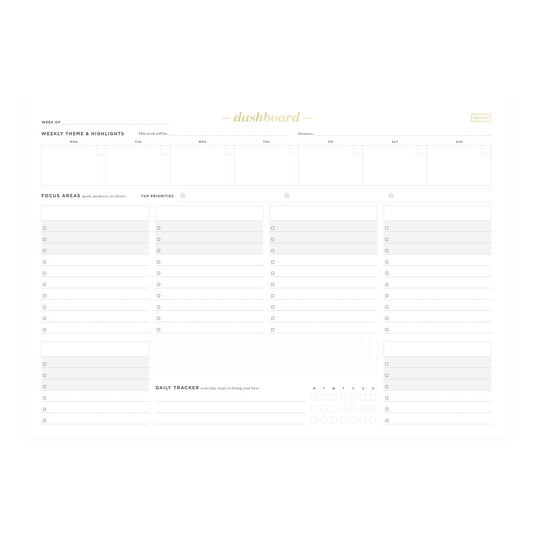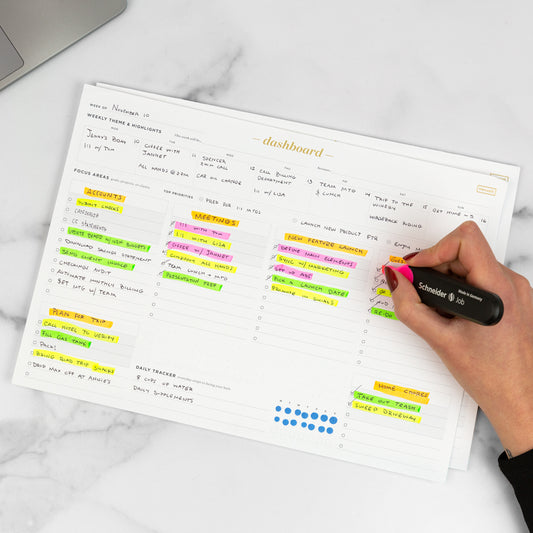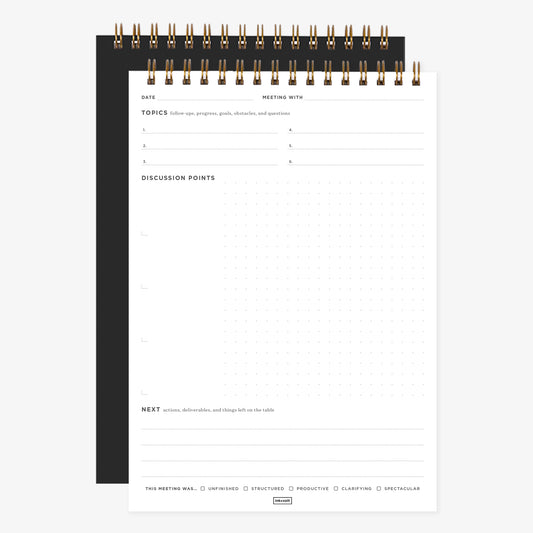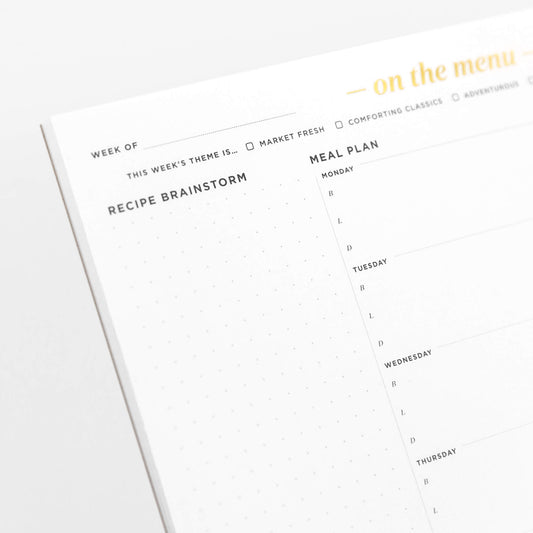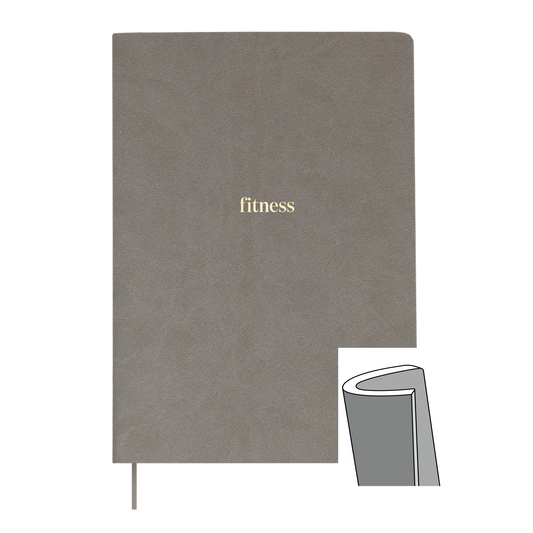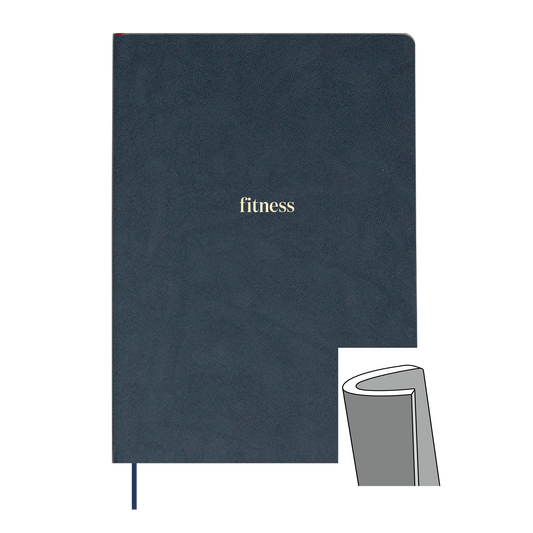Oh, conferences. Why are you so hard to love?
They can be fun, productive, and enlightening once you get there…sometimes. But if you’re like me, you don’t exactly look forward to putting a conference on your schedule.
Introverts thrive and “[feel] at their best and at their most alive when they’re in quieter, more mellow environments” according to Susan Cain, founder of the Quiet Revolution. So it makes sense that conferences and large work events are overwhelming and stressful for more introverted people.
Conferences are a perfect storm of social anxiety and pressure to perform. As you walk in on the first day, it can feel like you’re entering a marathon — it’s going to be non-stop hard work, and you’ll be exhausted at the end.
But opting out of conferences — or choosing to just get through it without talking to anyone — is a waste of time and money.
If you don’t network, you really might as well not go.
The real value in conferences comes from engaging with other people there. Sure, there are panels and talks you can listen to that will teach you things, but your career will benefit most from actually meeting people who you can add to your network.
So if you go to conferences for work or to advance your career, you should know how to maximize them and not have to live in fear or anxiety every time you have one coming up. Here’s your guide to turn these events from annoying to enjoyable.
How to change your attitude and stop dreading conferences
First, realize you are not alone
Most people at the conference will feel exactly the same way you do — stressed about starting conversations with new people.
Sure, there are some extreme extroverts who love chatting with any old person they meet anywhere, but even outgoing people find the process of walking into a huge conference hall with the purpose of meeting new people fairly daunting.
So you’re not alone. You’re not a loser for not knowing how to make small talk. No one does! Almost everyone you approach will be relieved that you were the one to start a conversation so that they didn’t have to.
The people who you see networking smoothly and confidently at conferences just have a lot of practice. That’s all they have on you. And you can get practice. It’s just one step at a time.
Set your focus in advance
It’s easy to bail out on a conference; it feels like a one-time, low-stakes commitment. But when you put it in the context of your most important goals, suddenly it seems much more worthwhile not only to go, but to work hard there.
A few weeks before the conference, set yourself up with a confidence check. Brainstorm and remind yourself why you’re even attending the conference and then focus on that.
- What are your professional goals? Where do you see yourself in 5, 10 years?
- How will attending this event get you closer to achieving those goals or advance to a higher position?
- What would you like to accomplish at the conference? Talk with 10 new people? Reconnect with an old colleague?
Then, decide on the mindset you want to have going into the event. Being negative and unsocial only reinforces your distaste for events like these. When you arrive in a bad mood, you’re more likely to have negative or unsatisfying interactions that compound your bad mood.
Here are some sample mindsets or intentions you can try:
- Optimistic. Every time you catch yourself thinking how much you hate the awkward feeling of meeting a new person in a crowd of strangers, visualize yourself hitting it off with someone great. Set a goal to meet 10 new people and imagine how good you will feel at the end of the day when you have accomplished it! Reward yourself for doing something challenging.
- Growth-focused. Growing your network can be kind of addictive. The more people who know you, the more opportunities come your way. Try seeing how many new names you can learn at an event, or get into a conversation with someone who can teach you something and help you become a smarter person.
- Learning. If you’re an overachiever, try thinking of this conference as something you want to be really good at. What skills do you need to build in order to be an A+ conference attendee? When you look at meeting people and making small talk as a challenge you want to take on, suddenly it feels less awkward and more intriguing. The more you do it, the better and smarter you’ll get!
Some other helpful tips to get you in the right headspace:
Set measurable goals, like meeting 10 new people
A personal goal gives you extra motivation to do what you need to do, and making it a concrete number means that there is always an end in sight. Once you meet 10 (or 5, or 3) new people, you’re done! You can relax.
Use your planner to write down your thoughts
The monthly goal section is the perfect place to write down your conference-related goals for the month! What kinds of people do you want to meet? Why did you want to attend this conference in the first place? What do you hope to walk away from the conference with?
Prepare topics based on current events in advance and research speakers
Make sure you’re familiar with the speakers, sessions or workshops, and the theme, topic, or issue(s) that the conference is focused on. This includes researching current events surrounding those issues or learning more about speakers’ backgrounds who interest you.
This knowledge will help you talk to other attendees and show that you are a source of information, up to date, and an engaged and knowledgeable member of the professional community. And if you have an opportunity to submit questions or a request to the coordinator, take that opportunity to do so, because if you have a question, chances are others do too!
Check that your contact info is up to date
There’s nothing worse than meeting someone you hit it off with and then realizing you don’t have a current business card or your LinkedIn profile is woefully out of date. Update your professional network profile and update or order business cards so you have plenty to pass around. It might feel awkward if you’re not used to it, but it is always good to have contact info to give to people so they can find you later.
How to introduce yourself to new people
Keep it simple
Whether you’ve approached someone or they’ve approached you, keep your introduction simple and stick to the basics. Keeping it simple is simply:
- Meeting the other person’s eye
- Smiling and being approachable (not hiding in a corner looking down at your phone)
- Offering a firm handshake
- Showing genuine enthusiasm for the opportunity to meet the person
There’s no need to jump into a detailed reiteration of your resume, or come up with an elaborate tagline to grab attention. Use the conversation to share more about yourself and learn about the other person. So start off simply by saying:
“Hi, my name is ____. What’s your name?/It’s really nice to meet you _____.”
This actually exudes more confidence than someone who walks up to you with some rehearsed “interesting” tagline. Because honestly how would you respond to someone you don’t know who walked up to you and asked “What was one of the most defining moments of your life?”
You’ll put other people at ease, and be less stressed out yourself, with a less-is-more approach.
At a minimum, remember their name!
It’s hard to remember everyone’s name, especially in those first few seconds when you’re introducing yourself to someone. If you know you’re bad at remembering names, what I like to do is repeat their name back as soon as they say it. For example, after they say their name, I say “_____. It’s nice to meet you.”
And if you don’t catch the pronunciation or their name is unique, ask them to repeat it! There’s nothing worse than not catching their name and going the entire conversation without knowing it, being too embarrassed to ask.
Use their name throughout the conversation, when you can. This not only solidifies it in your brain, but shows that you’re engaged and paying attention. If you get their business card during the conversation, you can make notes on it later about what you talked about — this will help you remember them later on, which is useful if you met a lot of people.
Tips for starting conversations and keeping them going
Seek situations that are within your comfort zone
Depending on how you are more comfortable talking to people — one on one or in small groups — get yourself warmed up for the day by seeking those situations first. For example:
- While you’re standing in group line to check in, strike up a conversation with the person behind or in front of you
- When you’re scanning the room looking for open seats, look for someone who is also solo; ask if the seat next to them is taken and introduce yourself
Most people will be thankful you approached them first (so that they didn’t have to!) and you now have someone to talk to. And you never know, maybe they’ll be able to introduce you to someone they know.
Compliments score you bonus points
Who doesn’t like a compliment? Whether it’s one of the first things you say or you use it during a lull in the conversation, it’s a very easy way to spark conversation, make the other person feel good, and be memorable to them.
For example: “I love those earrings” or “I thought the question you asked during the last panel was so interesting”. Don’t be overly personal; those kinds of compliments will come off as creepy. Instead, pick something light to break the ice and then move on.
Revving up your conversation engine
Connecting is easier when you are yourself, not who you think others want you to be. Forcing yourself to be something you’re not will make you feel awkward and uncomfortable, and in turn make the other person feel that way too.
Instead of trying to be someone else, just try to be the best version of yourself.
Keep your approach to communicating:
- Genuine and honest, both in the questions you ask and how you present yourself. For example, telling stories is a great way to engage people and keep the conversation light, but if that’s not your style, find another way to connect like asking thoughtful questions.
- Positive, which doesn’t mean being unnecessarily upbeat, but it does mean not downcast or bringing negative attention to things like a speaker or the amenities.
- Open ended, encouraging the conversation to flow more easily, giving rise to interesting tangents that let the other person respond with more than just a yes or no. It’s a way to keep the other person talking, and most people like talking about themselves.
As you start to ask questions, look for common ground by starting with broad, open ended questions and then drilling down more narrowly.
Ways to think about grouping your questions might be, from broader to more narrow:
Attending the conference/session/speaker:
- “What brings you to this conference?”
- “Why did you decide to attend this particular panel/see this speaker?”
Questions about the recent past:
- “Have you attended this conference before?” Not “Did you attend last year?”
- “What speakers have you seen/enjoyed/found interesting so far?”
Questions about the future:
- “Who are you looking forward to seeing/talking to/hearing from?”
Shared experiences
- Talk about a shared experience if you attended the same session such as something interesting you learned or would want to learn more about.
Invite others to join the conversation
If you’re talking to someone and you notice someone drifting by or lingering and looking to join in on a conversation, it’s okay to reach out, say hi, and ask them “would you like to join me and _____? We were just talking about _____.”
If the person you were talking to doesn’t mind, you’ve just expanded the group to create a more dynamic conversation and rescued a person who was maybe struggling to connect.
Nurture the connections you made
After the conference, follow up with the people you met by text, email, or social media to:
- Thank them for the conversation or say it was great to meet.
- Share information or articles relevant to your discussion, their interests, or a problem they’re facing.
- Ask them what other conferences they’re attending and if appropriate, offer to reconnect then or meet outside of the office to talk further.
The idea of approaching people you don’t know, making small talk, and putting yourself out there is not something many people look forward to and it’s a hard mindset to overcome. Remember, most people at the conference feel the same way about networking as you do.
Your old ways won’t open new doors and it takes practice to learn to enjoy networking. But there are strategies you can use to build your professional network so that it isn’t an uncomfortable experience or dreaded process. We hope these tips make your next conference a little bit easier!


